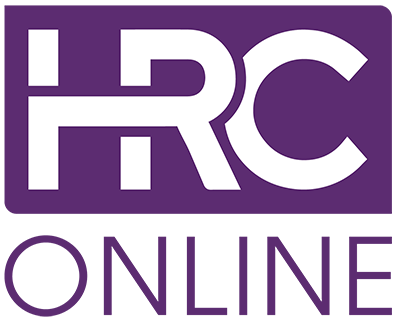Workplace perks are like the cherry on top of your job offer—enticing, shiny, and meant to seal the deal. Unlimited vacation, nap rooms, free snacks, and team-building events are all designed to boost morale, attract top talent, and create a better work environment. But sometimes, these well-intentioned benefits have the opposite effect, leaving employees confused, stressed, or simply unimpressed.

Here’s a breakdown of why some popular perks might not be as perfect as they seem. For more, visit our blog.
Unlimited Vacation: The Freedom That Feels Like a Trap
Unlimited vacation sounds amazing, right? Take time off whenever you need it—no guilt, no counting days. But in practice, it doesn’t really work that way.
Employees are left guessing: How much is too much? Will my boss think I’m slacking if I take a long trip? Without clear guidelines, many people end up taking less vacation, not more. They fear the unspoken rules and worry about being judged by colleagues or managers.
If your perk leaves employees more stressed than rested, it’s not working. The solution? Set clear expectations. Encourage employees to take time off by leading from the top, for example, managers who use their own vacation days set the tone for everyone else.
Nap Rooms: Productivity Dream or Pipe Dream?
Nap rooms at work sound like a win-win; employees get a chance to recharge, and companies benefit from better productivity. But here’s the catch: many people feel awkward or judged for using them.
Stigma around napping at work can keep employees from actually using these spaces. And for those who do, nap rooms without proper oversight can devolve into distractions. Plus, if your team is so exhausted they need mid-day naps, the real issue might be overworking, not a lack of rest.
Instead of building nap rooms, how about addressing workloads and creating a culture that prioritises actual rest, like going home on time?
Mandatory Fun: When Team-Building Tears Teams Apart
Social events like happy hours and team-building retreats are supposed to bring people together. But when they feel forced, they can do more harm than good.
Not everyone thrives in group settings, especially if they’re introverted or juggling personal responsibilities. And let’s be honest, when “optional” really means mandatory, it’s just another layer of pressure.
The fix? Ditch the one-size-fits-all approach. Make events truly optional and consider a variety of activities that cater to different personalities and preferences. Sometimes, the best team-building happens when it’s organic, not orchestrated.
Free Snacks: Sweet Perk or Sticky Problem?
Who doesn’t love free food? Stocking the breakroom with snacks is a classic perk, but it’s not without its pitfalls.
For one, constant access to treats can lead to unhealthy eating habits, leaving employees feeling sluggish instead of energised. And let’s not forget the elephant in the room: snacks aren’t a substitute for meaningful work or proper recognition.
If you’re trying to improve morale, a bag of crisps just won’t cut it. Instead, focus on creating a workplace where people feel valued for their contributions, not just their ability to raid the snack bar.
Flexible Work: Blessing or Burden?
Flexible work policies: remote work, adjustable hours, work-from-anywhere are the holy grail of modern perks. But flexibility can come at a cost.
Without clear boundaries, employees often feel always on, struggling to separate work from personal life. Isolation is another big problem, with remote workers feeling disconnected from their teams and the broader company culture.
The solution isn’t to scrap flexibility but to support it with structure. Encourage employees to set work-life boundaries, schedule regular check-ins, and create opportunities for genuine connection—virtual or in-person.
Workplace Perks vs. Workplace Culture
Here’s the truth: no amount of free snacks or nap rooms will fix a toxic culture or poor management. Perks are the cherry on top, but they can’t be the whole sundae.
The most effective benefits are the ones that align with what employees actually need: clarity, respect, and meaningful support.
How to Get Perks Right:
- Set Boundaries: Policies like unlimited vacation work best with clear guidelines and encouragement from leadership.
- Make It Personal: Ask employees what they value. Don’t assume everyone wants the same thing.
- Foster Well-Being: Promote real work-life balance, not just token gestures like nap rooms or snacks.
- Encourage Connection: Build a culture of collaboration and trust without forcing “fun” on everyone.
Further Reading
Unlimited Vacation Policies
Free Food at Work
Socializing Events
Nap Rooms
Flexible Work Policies
Workplace Perks and Employee Well-Being
- Why Workplace Perks Sometimes Fail
- The Psychological Impact of Workplace Perks





